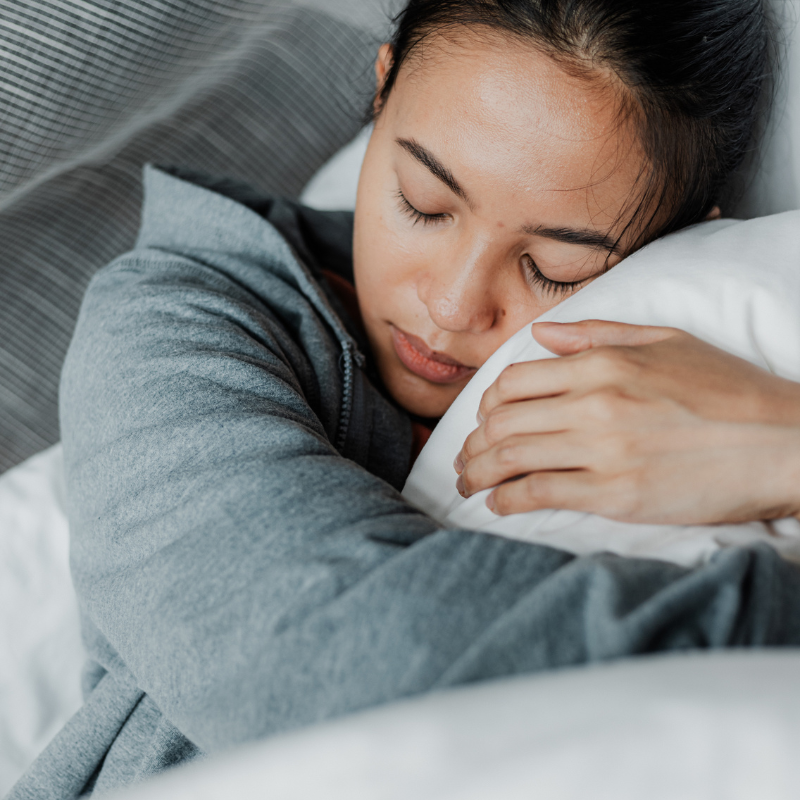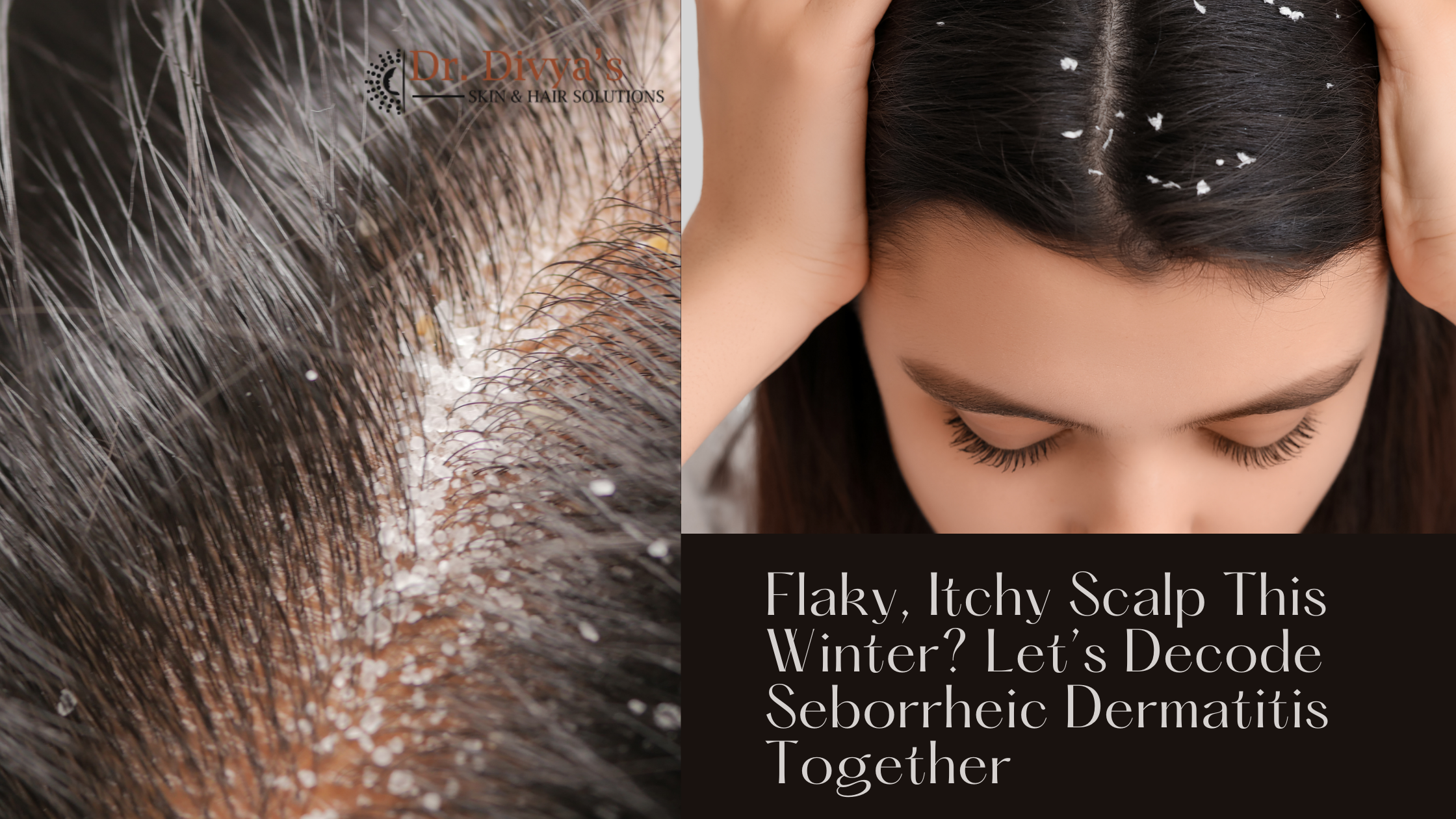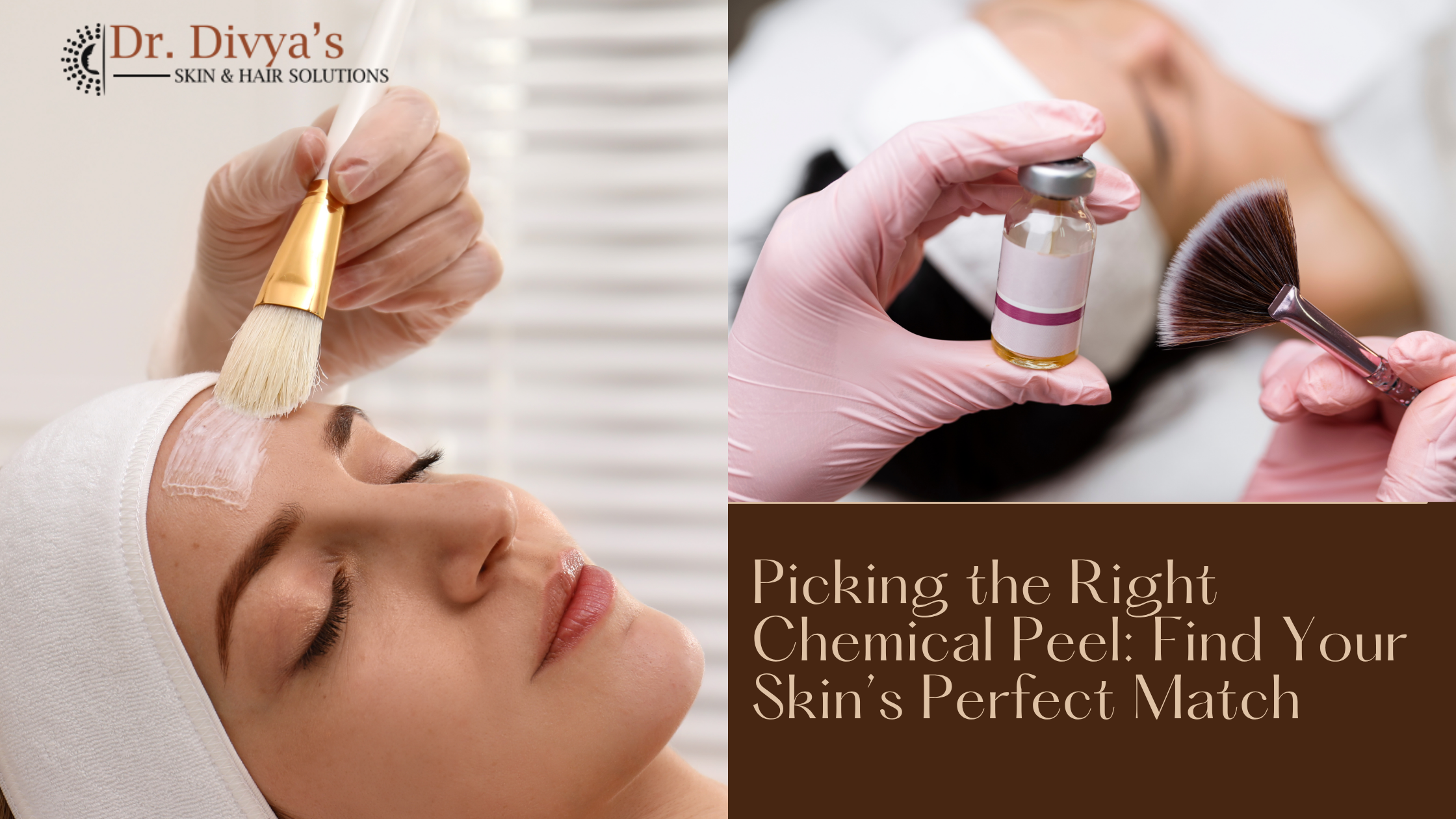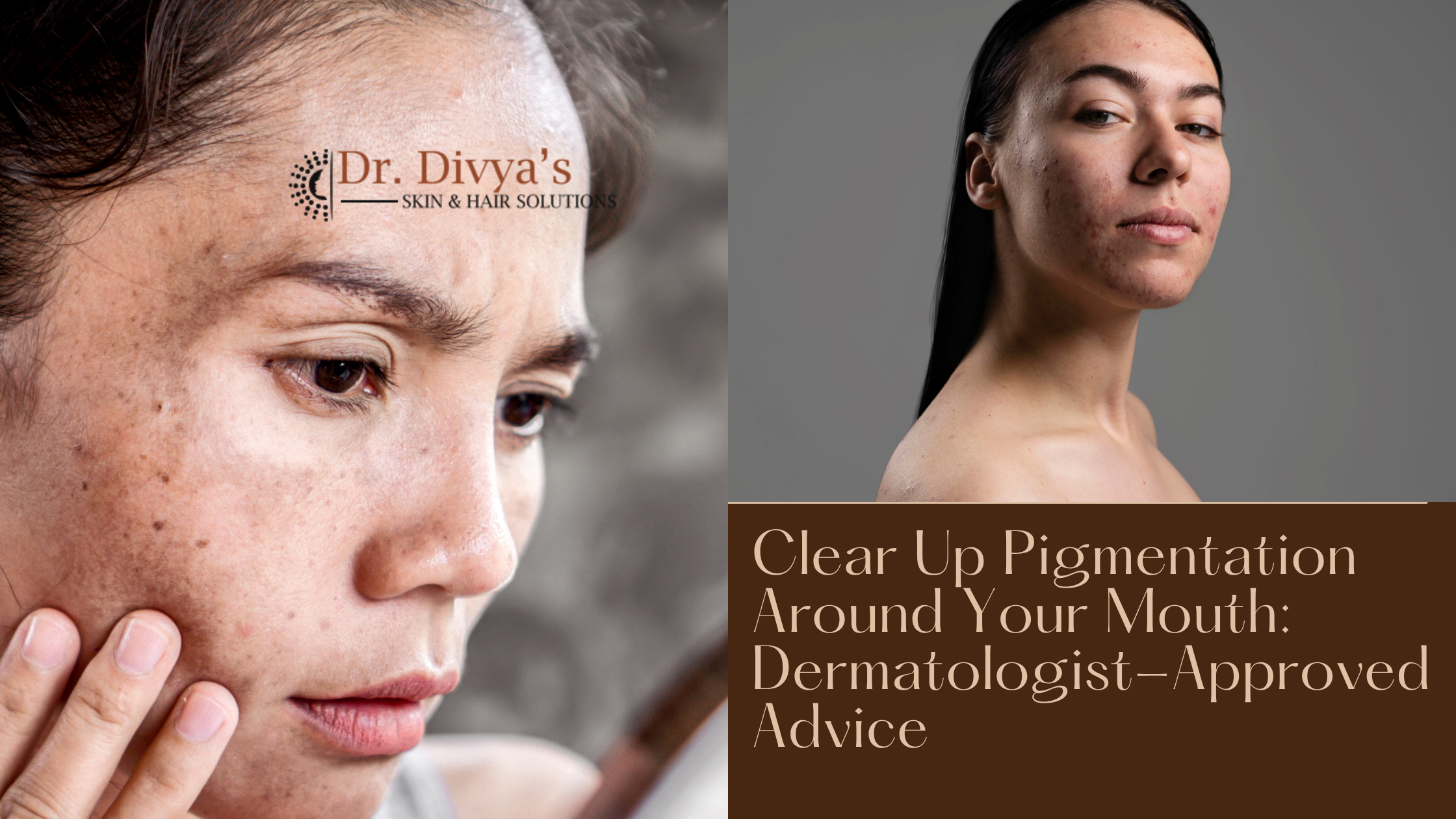Posted date on Mar 20, 2023
A simple answer to that question is – YES. We often experience sudden skin breakouts or dandruff flare-ups or worsening psoriasis. To understand why and how stress causes skin problems let’s understand what happens to your body when it is going through stress.
What is stress?
Stress is the body's natural response to a perceived threat or challenge. When you experience stress, your body releases hormones such as adrenaline and cortisol, which trigger the "fight or flight" response. This response prepares your body to either face a challenge or run away from danger.
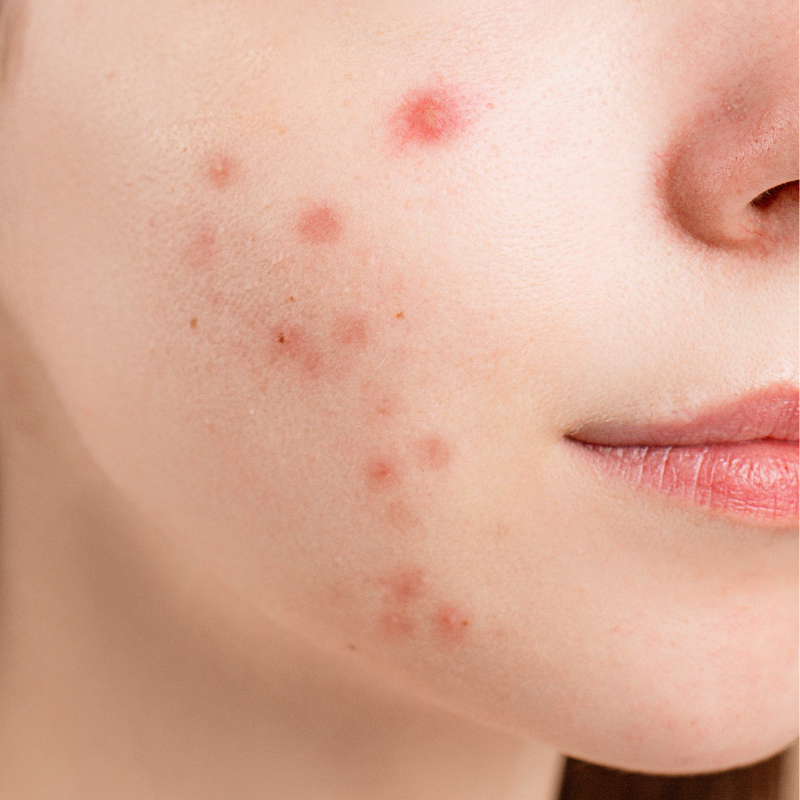
Stress can be caused by a variety of factors, including work pressure, financial problems, relationship difficulties, health issues, and major life changes. Chronic stress, or long-term exposure to stress, can have negative effects on your physical and mental health, including impacting your immune system, increasing the risk of heart disease, and affecting your mood and well-being. It's important to find healthy ways to manage stress, such as through exercise, relaxation techniques, or counselling, to maintain overall health and well-being.
> Are stress and anxiety one and the same?
Contrary to common misconception, stress and anxiety are not the same things. They are related and can sometimes overlap but there is a fine line between stress and anxiety.
Stress is a response to a perceived threat or challenge and is a normal part of life. Stress can be caused by a wide variety of situations, including work, relationships, financial issues, or health problems.
Anxiety, on the other hand, is a feeling of fear, unease, or worry that is out of proportion to the situation. Anxiety can be a symptom of an anxiety disorder, which is a mental health condition that requires treatment.
While stress can lead to anxiety, not all stress results in anxiety, and not all anxiety is caused by stress. However, chronic stress can contribute to the development of anxiety disorders, and managing stress can help reduce anxiety symptoms.
> How does stress or anxiety affect your skin?
Stress produces chemical responses which make the skin very sensitive. Skin breakouts are usually the first and the most obvious signs of stress. It’s your body’s way of signalling something is not quite right. Here are some common skin problems that are stress induced.

> Acne breakouts
Stress can increase the production of hormones called androgens, which can lead to an increase in oil production and clogged pores, resulting in acne breakouts. Nearly 30% of teenagers have acne problems that require medical intervention. But it is also important to note acne is treatable.
-
Eczema and psoriasis flare-ups: Existing skin conditions such as eczema and psoriasis, causing redness, itching, and skin irritation can worsen due to stress. In stressful situations your body produces hormones like Cortisol, Catecholamines and Vasopressin. These hormones, especially cortisol, increase blood sugar and triggers your skin to make more oil causing the flare-ups of existing skin conditions.
-
Hives: Stress can trigger the release of histamine, a chemical that can cause hives and other skin reactions.
-
Dry skin: Stress can lead to decreased blood flow, which can result in dry, flaky, and sensitive skin.
-
Premature ageing: Stress can also lead to the breakdown of collagen and elastin, which are the proteins that give skin its elasticity and firmness. This can result in premature ageing, including fine lines and wrinkles.
-
Skin picking: Some people may also engage in skin picking or other forms of self-injury as a coping mechanism for stress, which can lead to further skin irritation and damage.
It's important to find healthy ways to manage stress, as chronic stress can have negative effects on not just your skin but also your overall health and well-being.

Here are six ways to help reduce the effects of stress on your skin:
1. Practise good skincare habits: Follow a skin routine. Follow simple habits like applying moisturiser post-shower to lock in the moisture of your skin and applying sunscreen every day even if you are not stepping out in the sun. If you are not sure which products are suitable for your skin, consult a dermatologist.
2. Get enough sleep: Lack of sleep easily shows on your skin. dark circles, dry dull looking skin, and breakouts are some of the signs of lack of good, quality sleep. While you are sleeping your skin recovers and restores itself. Try to sleep for 7-9 hours every night.

3. Exercise regularly: Physical activity can help reduce stress levels and improve circulation, which can lead to healthier skin.
4. Eat a healthy diet: A diet high in antioxidants and essential fatty acids can help keep skin looking healthy and can reduce the effects of stress on the skin. Although ageing is a natural process, there are anti-ageing foods you can include in your diet such as leafy greens, berries, fish etc.

5. Reduce stress levels: Practising stress-reducing techniques, such as meditation, deep breathing, or yoga, can help keep skin looking its best.
6. Avoid irritants: Environmental factors such as dust and pollution coupled with harsh skin products can cause skin problems. Make sure you cover your face with a scarf or a mask to protect from dust and pollution. Switch to milder skin care products that are suitable for your skin type. If you are not sure if your skin products are working for you or are experiencing skin irritation, consult a dermatologist for advice.
